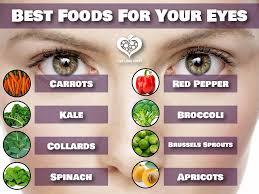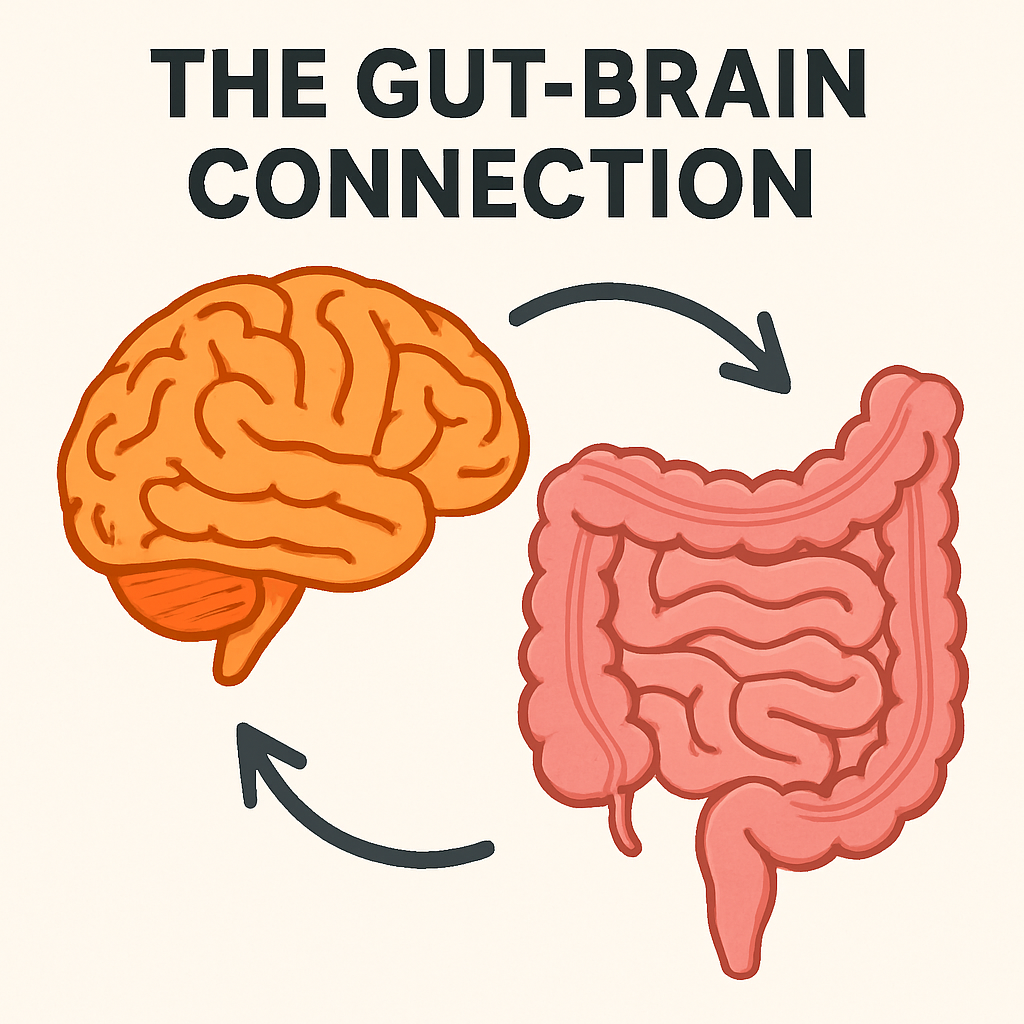🧒 Children’s Height: What Affects Growth and How to Support It Naturally

Every parent wonders at some point:
"Is my child growing properly?" or "How can I help my child grow taller?"
While genetics plays a big role, there are many other factors that influence a child’s height. Let’s explore what determines height, signs of delayed growth, and ways to naturally support your child’s height development.
📏 What Determines a Child’s Height?
Genetics
Height is mostly inherited. If both parents are tall, the child is likely to be tall too.
However, short parents can still have tall children, and vice versa.
Nutrition
A well-balanced diet is essential during childhood and puberty.
Key nutrients:
Protein (muscle and tissue growth)
Calcium, Vitamin D, Magnesium (bone growth)
Zinc, Iron, and Vitamins A, C, K
Physical Activity
Regular exercise and outdoor play stimulate growth hormones.
Activities like jumping, swimming, cycling, and stretching exercises are great.
Sleep
Growth hormone (HGH) is mostly released during deep sleep.
Children need:
10–12 hours/day (ages 3–12)
8–10 hours/day (teens)
Hormones
The pituitary gland produces growth hormone (GH).
Thyroid hormone and sex hormones (during puberty) also influence height.
Health Conditions
Chronic diseases, hormonal disorders, or nutritional deficiencies can affect growth.
Some children may need medical evaluation if growth slows or stops unexpectedly.
📊 Average Height by Age (Boys & Girls)
(Values may vary slightly depending on region/ethnicity)
Age Boys (cm) Girls (cm)
2 85–90 84–89
5 105–115 104–114
10 135–145 135–144
13 150–165 148–162
16 165–175 155–167
Note: Growth spurts happen during puberty — earlier in girls (10–14) than boys (12–16).
🥦 Foods That Help Kids Grow Taller
✅ Best Foods:
Milk, yogurt, cheese (calcium + protein)
Eggs (rich in protein and vitamin D)
Fish (like salmon) (omega-3s and vitamin D)
Leafy greens (magnesium and calcium)
Nuts and seeds (zinc, healthy fats)
Fruits (vitamin C helps absorb calcium)
Whole grains (energy + B vitamins)
🚫 Foods to Limit:
Excess sugar and junk food
Sodas (interfere with calcium absorption)
Caffeine in energy drinks or tea (can disrupt sleep and nutrient absorption)
🏃 Exercises to Support Height Growth
Skipping rope
Swimming
Cycling
Basketball or volleyball
Stretching/yoga
Hanging exercises (like monkey bars)
💤 Why Sleep Matters So Much
Growth hormone peaks during deep sleep.
Screens before bedtime reduce melatonin and affect sleep quality.
Create a sleep routine with:
Early bedtime
Dim lights
No phone/screens 1 hour before bed
⚠️ When to Worry About Height
Consult a pediatrician or endocrinologist if:
The child is much shorter than classmates of same age.
Growth seems to have stopped or slowed drastically.
The child shows signs of delayed puberty.
There’s a family history of growth disorders.
Doctors may recommend:
Growth charts tracking
Bone age X-rays
Hormonal tests (e.g., GH or thyroid levels)
🧬 Can Supplements Help Increase Height?
Only if there’s a deficiency. Don’t give random supplements without tests.
Common ones include:
Vitamin D
Calcium
Zinc
In very rare cases, growth hormone therapy may be prescribed by doctors — not for cosmetic height increase, but for medical conditions like GH deficiency.
🧠 Motivation and Mental Health
Avoid pressuring kids about height.
Promote confidence, self-esteem, and body positivity.
A child’s height doesn’t define their worth or success.
📝 Final Tips for Parents
Encourage daily outdoor play and activity.
Offer nutritious meals, not just full plates.
Celebrate progress, not perfection.
Monitor growth but avoid constant comparisons.
Get regular checkups to catch issues early.



